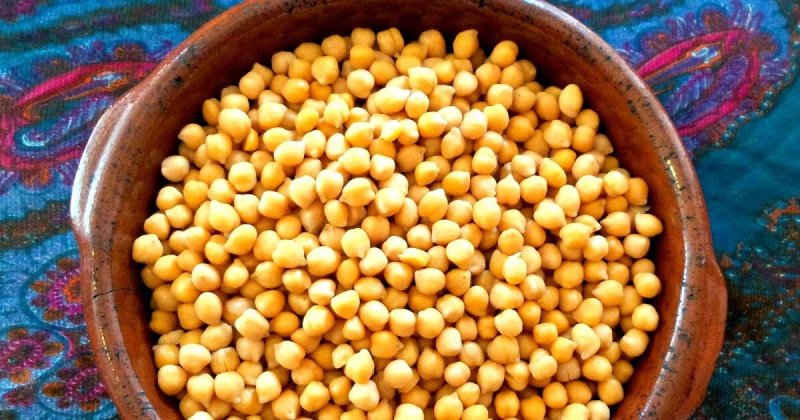In the long run, [a new line of drought-tolerant] transgenic chickpea can contribute to the decrease of annual chickpea yield and production loss that is commonly attributed to drought.
The researchers developed transgenic chickpea lines that harbor the transcription factor Dehydration Responsive Element-Binding (DREB) protein 1A from Arabidopsis thaliana (AtDREB1a gene), with the objective of enhancing drought tolerance in the crop. DREBs are known to be important plant factors that regulate stress-induced gene expression and play a role in stress tolerance against abiotic factors.
The GM chickpeas were found to exhibit higher relative water content, longer chlorophyll retention capacity, and higher osmotic adjustment under extreme drought condition levels as compared to the non-transgenic controls. The chickpeas were also found to have yielded more seeds with a progressive increase in water stress.































